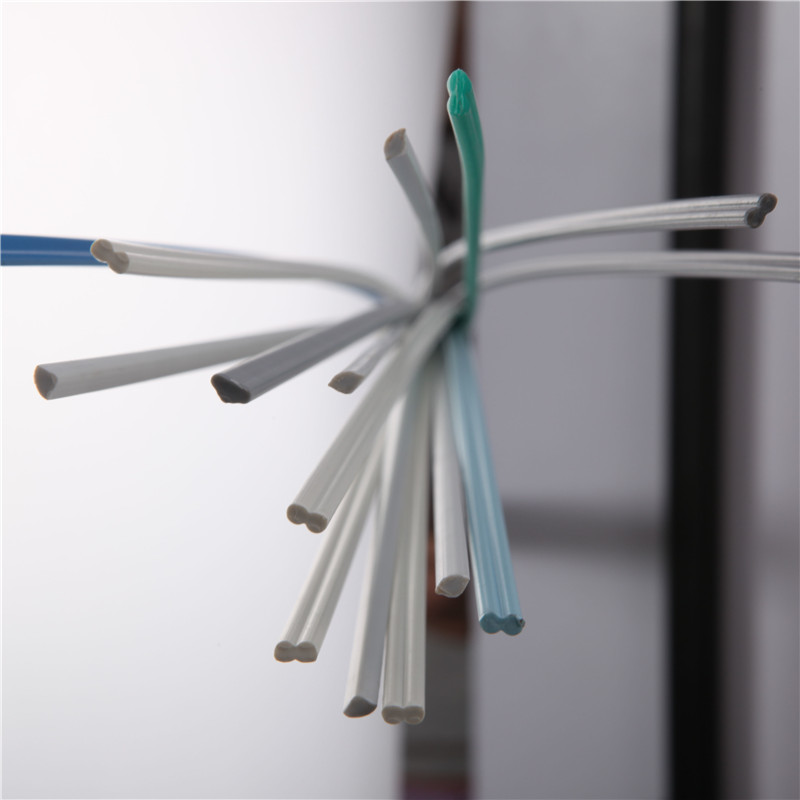10월 . 03, 2024 01:52 Back to list
Efficient Water Management Solutions with HDPE Irrigation Pipes for Sustainable Agriculture
The Advantages of HDPE Irrigation Pipes in Modern Agriculture
Irrigation plays a crucial role in agriculture, especially in regions that experience irregular rainfall or limited water resources. As the demand for efficient and sustainable agricultural practices grows, high-density polyethylene (HDPE) irrigation pipes have emerged as a popular solution. These pipes offer various benefits that make them an excellent choice for farmers looking to optimize their irrigation systems.
Durability and Longevity
One of the standout features of HDPE pipes is their exceptional durability. Made from high-density polyethylene, these pipes can withstand harsh environmental conditions, including extreme temperatures and exposure to UV rays. Unlike traditional materials such as PVC or metal, HDPE does not corrode, ensuring a longer lifespan and reducing the need for frequent replacements. This longevity translates to cost savings over time, making HDPE a wise investment for farmers.
Flexibility and Ease of Installation
HDPE irrigation pipes are highly flexible, allowing for easy installation even in uneven terrain. Their lightweight nature means that they can be transported and handled with minimal effort. This flexibility not only reduces installation time but also minimizes the labor costs associated with setting up an irrigation system. Moreover, HDPE pipes can be easily connected, making it simple to expand or modify existing systems as agricultural needs change.
Resistance to Environmental Challenges
hdpe irrigation pipe

Agricultural environments can be tough on irrigation systems, with factors like soil erosion, chemical exposure, and temperature fluctuations posing significant challenges. HDPE pipes are resistant to these environmental challenges, ensuring that the irrigation system remains functional even under adverse conditions. Additionally, these pipes have excellent resistance to chemical corrosion, making them suitable for a variety of fertilizers and pesticides, which are often required in modern farming practices.
Water Conservation and Efficiency
In an era where water conservation is critical, HDPE irrigation pipes promote efficient water use. Their smooth interior surfaces reduce friction loss, allowing water to flow more freely and reach plants quickly. This efficiency means that farmers can use less water while still meeting the irrigation needs of their crops. Furthermore, the ability to implement precise irrigation techniques, such as drip irrigation, becomes simpler with HDPE pipes, leading to improved water management and sustainability.
Cost-Effectiveness
While the initial investment in HDPE irrigation systems may be higher than some traditional methods, the long-term savings can be significant. The lifespan, reduced maintenance costs, and efficiency of water usage mean that farmers can achieve a better return on investment over time. Additionally, the decreased likelihood of leaks and breaks contributes to overall operational savings.
Conclusion
In conclusion, HDPE irrigation pipes represent a modern solution to the challenges faced in agricultural irrigation. Their durability, flexibility, resistance to environmental factors, and efficient water management make them an ideal choice for farmers looking to enhance their irrigation systems. As agriculture continues to evolve, the adoption of innovative materials like HDPE will play a significant role in promoting sustainable practices and ensuring the future of food production. Embracing HDPE irrigation technology not only helps farmers thrive economically but also contributes positively to the environment by conserving precious water resources.
-
Durable PP Rigid Sheet: Versatile & High-Quality Plastic Panels
NewsAug.08,2025
-
Premium Glossy PP Rigid Sheet – Durable & Versatile
NewsAug.07,2025
-
High-Quality HDPE Sheet | Durable Plastic Panels
NewsAug.06,2025
-
High-Precision PVC Rigid Sheets for Vacuum Forming | AI-Optimized
NewsAug.05,2025
-
Durable PVC-M Water Supply Pipes | 60-Year Life
NewsAug.04,2025
-
Premium HDPE Water Supply Pipes: Durable & Leak-Proof
NewsAug.03,2025

